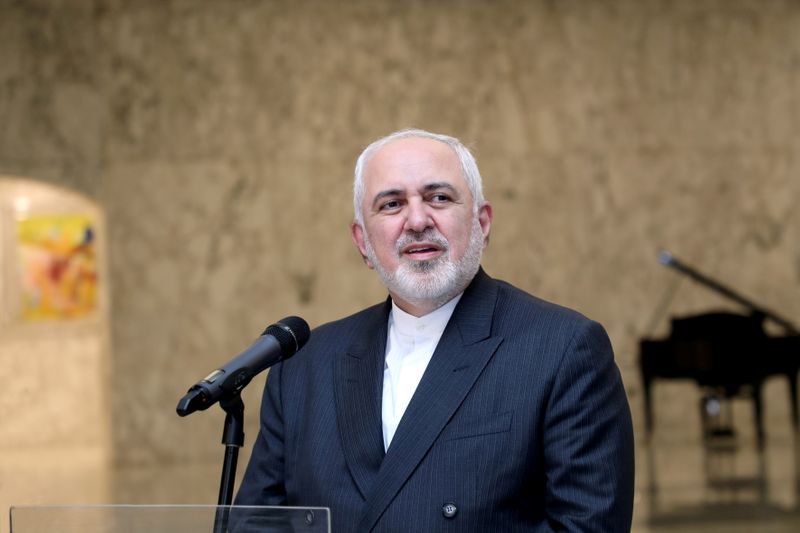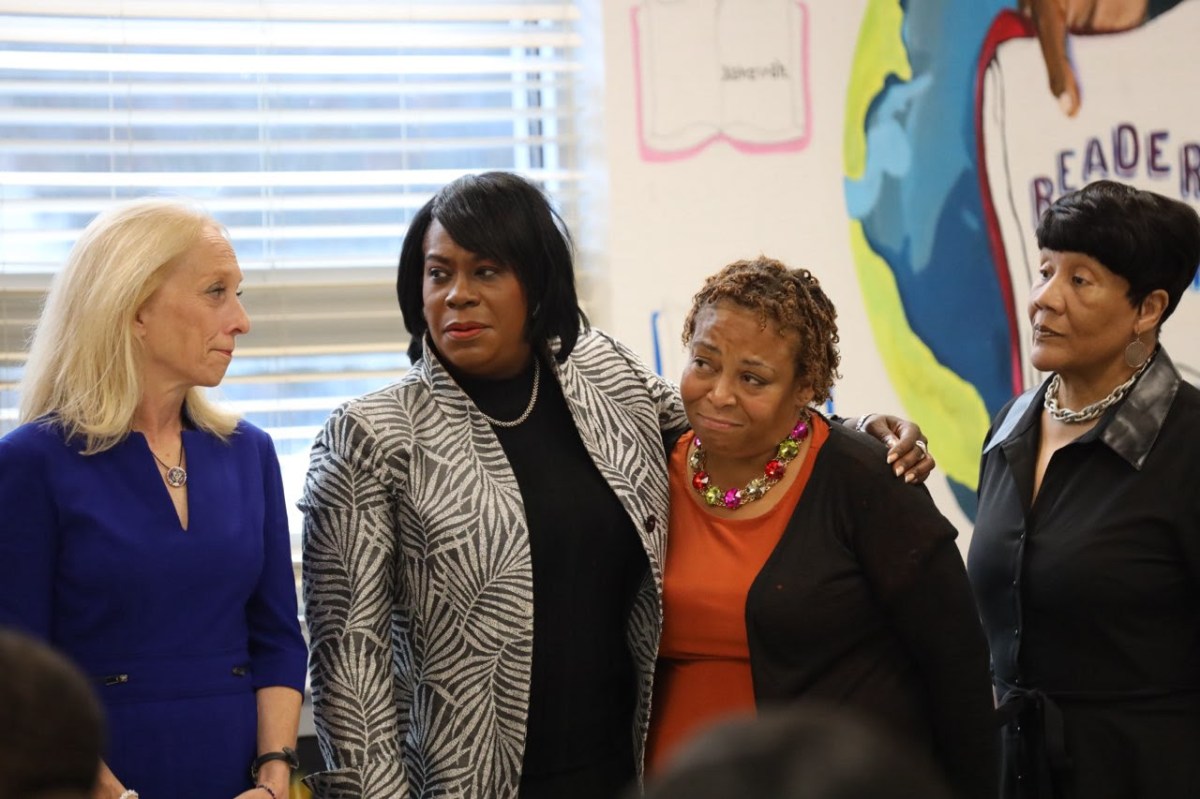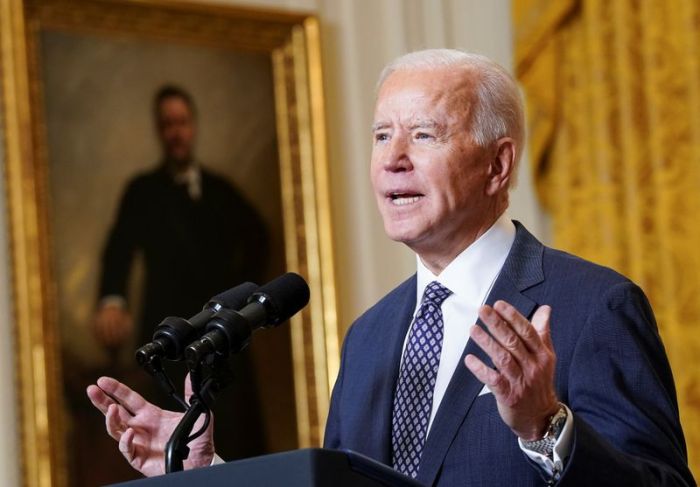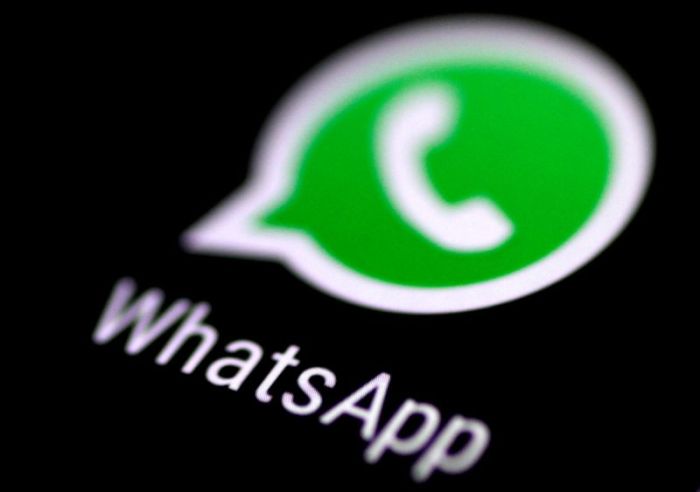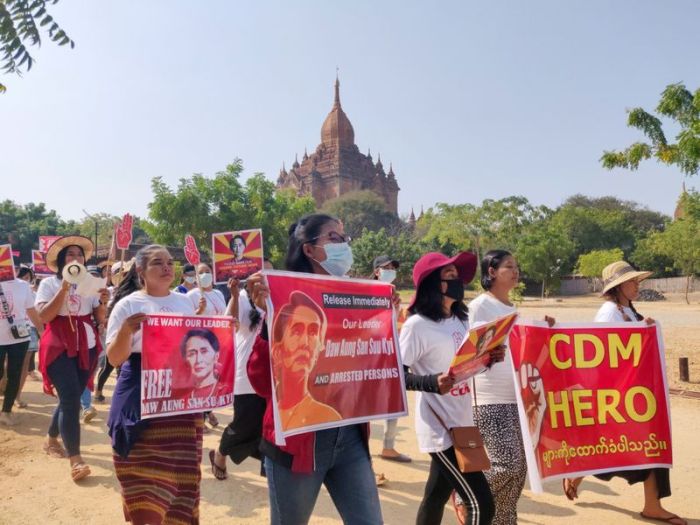DUBAI (Reuters) – Iran will “immediately reverse” actions in its nuclear programme once U.S. sanctions are lifted, its foreign minister said on Friday, reacting coolly to Washington’s initial offer to revive talks with Tehran aimed at restoring the 2015 nuclear deal.
President Joe Biden’s administration said on Thursday it was ready to talk to Iran about both nations returning to the accord, which aimed to prevent Tehran from acquiring nuclear weapons while lifting most international sanctions. Former President Donald Trump left the accord in 2018 and reimposed sanctions on Iran.
Tehran said Washington’s move was not enough to persuade Iran to fully respect the accord.
When sanctions are lifted, “we will then immediately reverse all remedial measures. Simple,” Foreign Minister Mohammad Javad Zarif said on Twitter.
Since Trump ditched the deal, Tehran has breached the accord by rebuilding stockpiles of low-enriched uranium, enriching it to higher levels of fissile purity and installing advanced centrifuges to speed up production.
Tehran and Washington have been at odds over who should make the first step to revive the accord. Iran says the United States must first lift Trump’s sanctions while Washington says Tehran must first return to compliance with the deal.
However, a senior Iranian official told Reuters that Tehran was considering Washington’s offer to talk about the revival of the deal.
“But first they should return to the deal. Then within the framework of the 2015 deal, a mechanism to basically synchronise steps can be discussed,” the official said. “We have never sought nuclear weapons and this is not part of our defence doctrine,” the Iranian official said. “Our message is very clear. Lift all the sanctions and give diplomacy a chance.”
The European Union is working on organising an informal meeting with all participants of the Iran deal and the United States, which has already signalled willingness to join any gathering, a senior EU official said on Friday.
Adding to pressure for a resolution to the impasse, a law passed by the hardline parliament obliges Tehran on Feb. 23 to cancel the sweeping access given to U.N. inspectors under the deal, limiting their visits to declared nuclear sites only.
The United States and the European parties to the accord have urged Iran to refrain from taking the step, which will complicate Biden’s efforts to restore the pact.
POLITICAL INFIGHTING
“We have to implement the law. The other party must act quickly and lift these unjust and illegal sanctions if they want Tehran to honour the deal,” said the Iranian official.
The IAEA’s short-notice inspections, which can range anywhere beyond Iran’s declared nuclear sites, are mandated under the IAEA’s “Additional Protocol” that Iran agreed to honour under the deal.
While Iran’s demand for a lifting of all U.S. sanctions is unlikely to be met anytime soon, analysts said, Tehran faces a delicate choice about how to respond to Biden’s overture with an upcoming presidential election in June.
With growing discontent at home over economic hardship, the election turnout is seen as a referendum on the clerical establishment — a potential risk for Iran’s rulers. Hardliners, set to win the vote and tighten their grip, have been pushing to squeeze more concessions from Washington for reviving the deal.
Iran’s fragile economy, weakened by U.S. sanctions and coronavirus crisis, has left the ruling elite with few options.
“Hardliners are not against dealing with Washington. But their tactic is to stall any engagement to get more concessions until a hardline president is at the office,” said a senior government official.
Some Iranian hardliners said top authority Supreme Leader Ayatollah Ali Khamenei’s tough stance had forced Washington to cave in. On Wednesday he demanded “action, not words” from the United States if it wants to restore the deal.
“They have reversed some measures … It is a defeat for America … but we are waiting to see whether there will be action on lifting sanctions,” state media quoted Tabriz city’s Friday prayer leader Mohammadali Ale-Hashem as saying.
Biden has said that he will use the revival of the nuclear deal as a springboard to a broader agreement that might restrict Iran’s ballistic missile development and regional activities.
Tehran has ruled out negotiations on wider security issues such as Iran’s missile programme.
(Writing by Parisa Hafezi; Editing by William Maclean and Frances Kerry)

